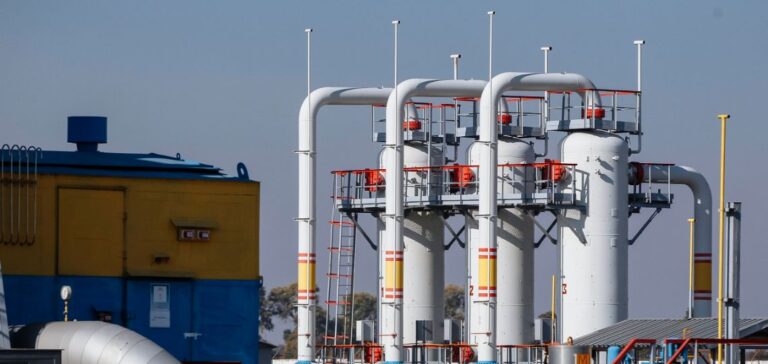Three years after the launch of the REPowerEU plan, the European Commission has presented an assessment of the progress made in reducing fossil fuel imports from Russia. The report shows a significant decline in the volumes of Russian gas, crude oil and coal purchased by European Union member states.
Russian gas and oil imports continue to fall
According to data released by the Commission, Russian natural gas imports fell from 150 billion cubic metres (bcm) in 2021 to 52 bcm in 2024. This represents a decrease of 98 bcm, reducing the share of Russian gas in total imports from 45% to 19%. Imports of Russian crude oil dropped from 27% to just 3%, while coal imports have now fallen to zero.
Specific efforts are also underway in the nuclear sector. Member states operating Russian-designed reactors, particularly VVERs (Vodo-Vodyanoi Energetichesky Reaktor), are increasingly turning to non-Russian suppliers for critical components and services.
Renewable expansion and lower gas demand
At the same time, the European Union is accelerating the deployment of renewable energy. According to industry estimates, installed wind and solar capacity increased by 58% between 2021 and 2024. This growth is estimated to have saved around 38 bcm of gas over three years. A further 16% increase is expected in 2025, potentially replacing an additional 16 bcm of gas.
The EU has also revised its energy efficiency rules. Member states have committed to reducing their energy consumption by 11.7% by 2030. Between August 2022 and January 2025, gas demand had already decreased by 17%, equivalent to 70 bcm annually. This outcome is supported by EU financing mechanisms and initiatives on the ecodesign and energy labelling of household products.
New roadmap to complete energy decoupling
Despite this progress, some forms of Russian energy continue to reach the European market. On May 6, 2025, the Commission published an updated REPowerEU roadmap aimed at gradually eliminating the remaining imports of Russian gas, oil and nuclear energy. The strategy outlines legislative measures due in June, including the prohibition or restriction of contracts with Russian gas suppliers.
The Commission also plans to propose trade measures targeting imports of Russian enriched uranium and specific actions against the shadow fleet transporting oil. New rules will be introduced to increase transparency and traceability regarding the origin of Russian gas. Member states will also be required to prepare national plans for phasing out Russian energy.
According to the European Commission, these initiatives aim to ensure coordinated implementation across the Union while mitigating supply risks and limiting financial flows to Russia.






















